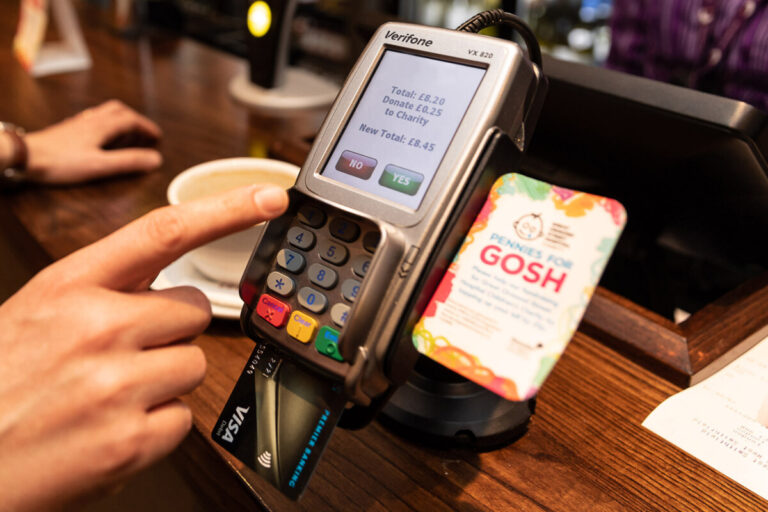Nearly half of UK consumers now familiar with micro-donations

Nearly half (42%) of UK consumers are now familiar with micro-donations, up from 35% in both 2023 and 2022, according to a survey by Pennies, and a similar percentage say they would feel better about a business if it offered this way of giving.
Pennies surveyed 2,000 UK consumers through Sapio Research last month. It found that dropping cash into a box was still the most common way respondents had given to charity in the previous 12 months (41% of respondents), but that donating online / via an app / by direct debit was almost as popular at 40% of respondents, up from 24% in 2023.
Third most preferred way of giving
Over half of respondents said they prefer to donate to charity via cash (56%) while 1 in 4 (25%) prefer donating via direct debit / standing order. Rounding up an order (micro-donating) is the third most preferred way to give (16%).
Advertisement
Almost half (44%) of respondents said their perception of a business would improve if they offered micro-donations, of which 21% would be more likely to purchase from there.
Nearly half (48%) of respondents also said that they would be more likely to micro-donate after being told that if every UK cardholder gave just 35p a week to charity, it could raise an additional £1 billion for charities every year.
Micro-donating in-store most popular
Of those that have micro-donated, almost 3 in 4 (72%) have done so in-store, whilst 41% have micro-donated when purchasing food or drink. Online / app / direct debit has significantly increased to 40%, compared to 24% in 2023.
The survey also found that the most popular charities to support through micro-donations are those with a personal connection to the donor or family/friends (favoured by 40%), followed by national charities (30%), local charities (29%), well known charities (19%), and emergency appeals (13%).
Increased personal, energy and household costs were the most common reason (56%) cited by those who said they don’t donate to charities.
Pennies CEO Alison Hutchinson CBE said:
“With the increased cost of living in recent years, it is not surprising that many consumers are feeling the pinch, but this also serves to highlight the importance and potential impact of micro-donations, where giving a few pence when paying for a purchase by card or digital wallet can make a huge difference to charities. It is pleasing to see steady momentum in the proportion of consumers who make micro-donations, which increased to 46% this year.”
To date, Pennies has enabled over 230 million micro-donations and raised over £55 million for more than 1,000 charities.




